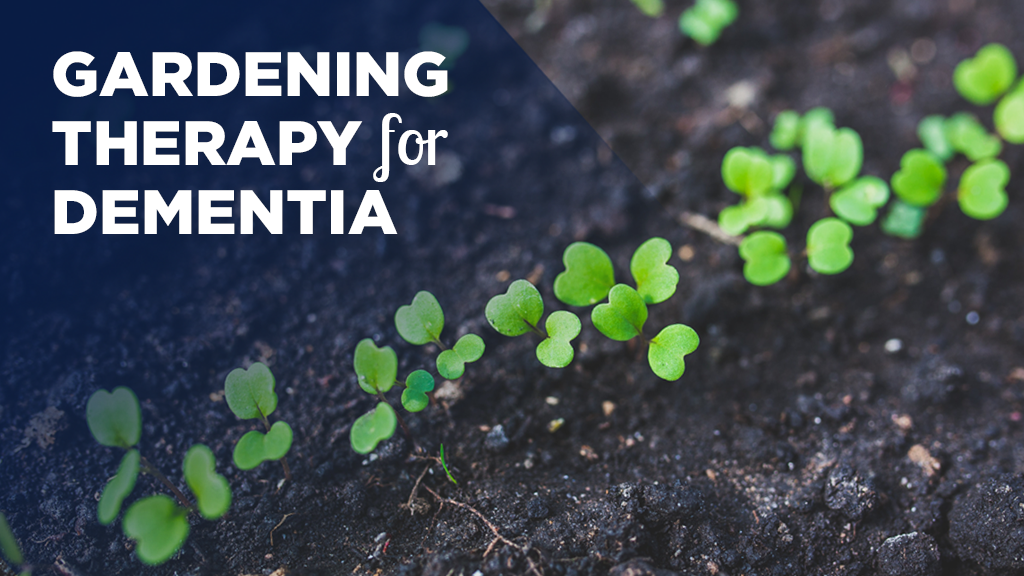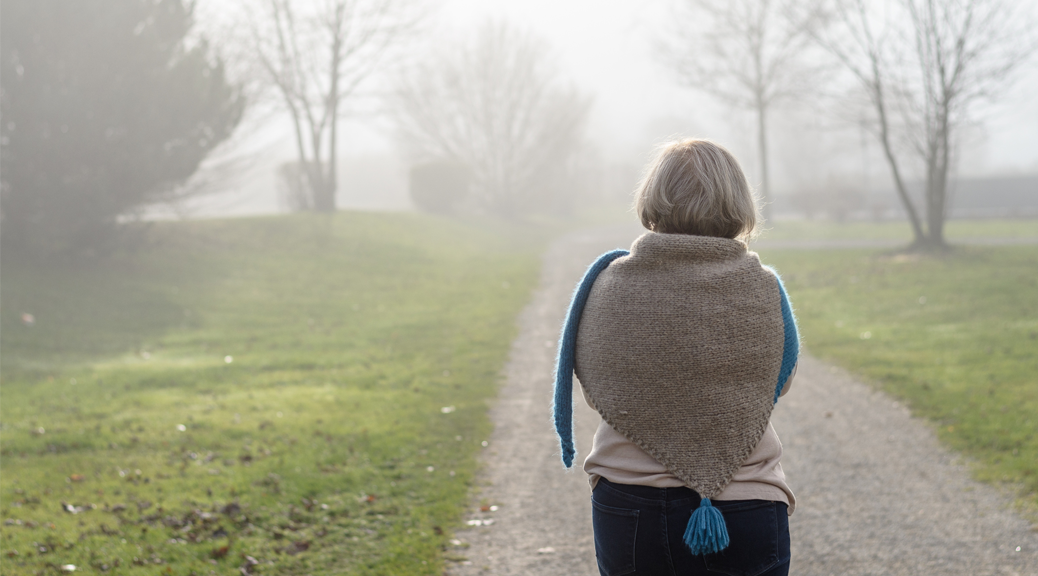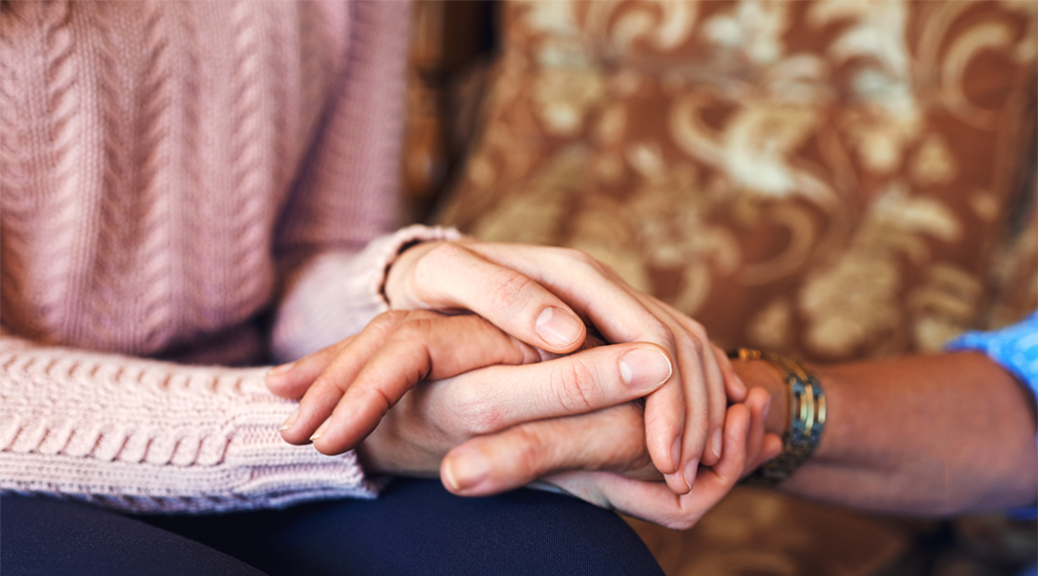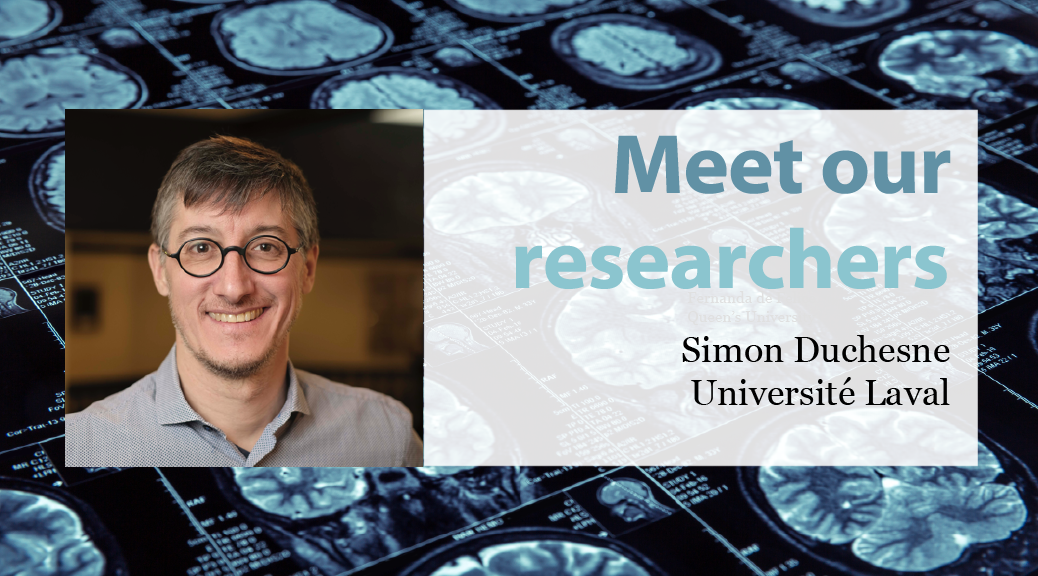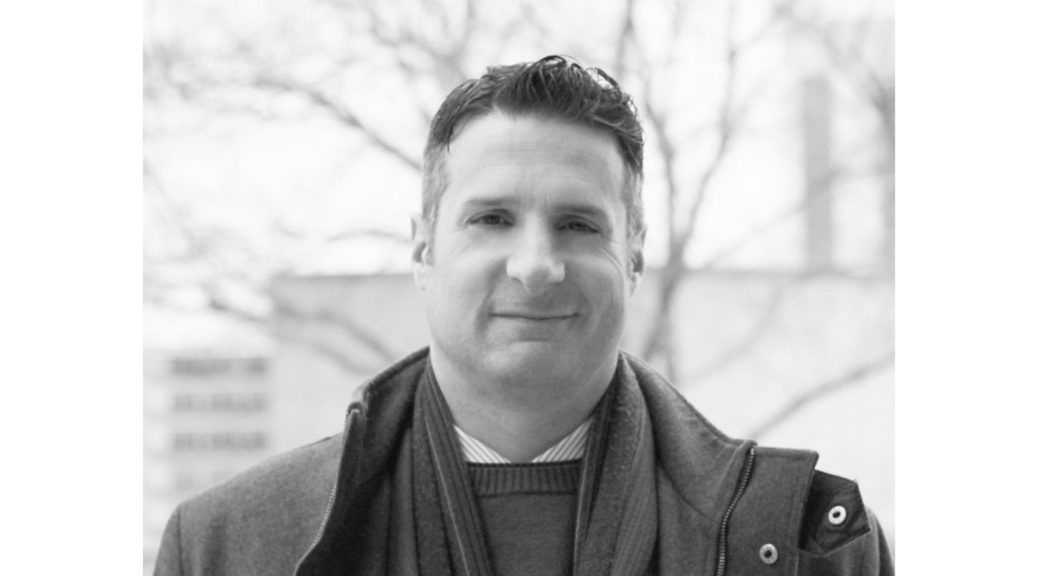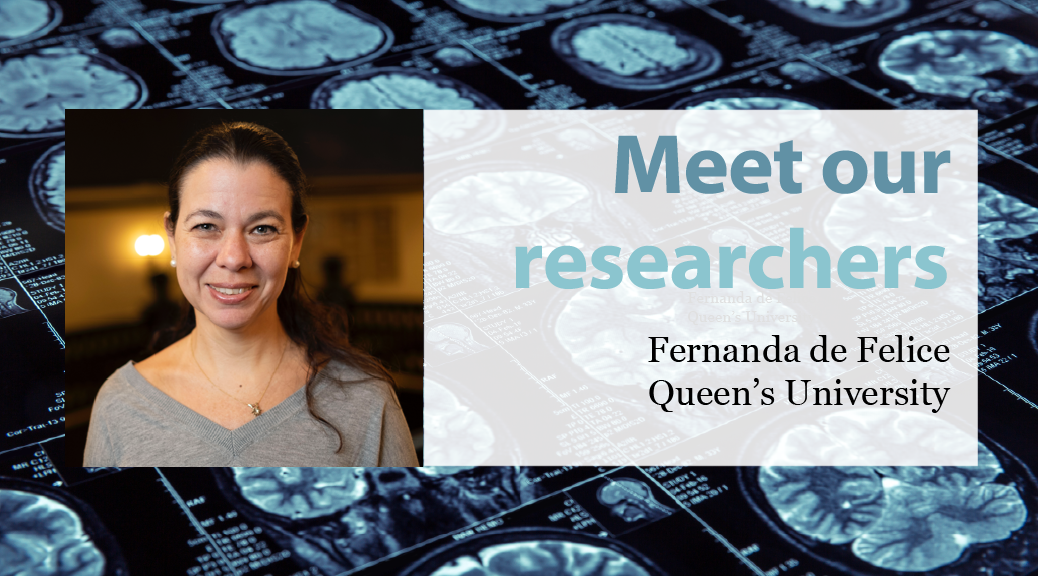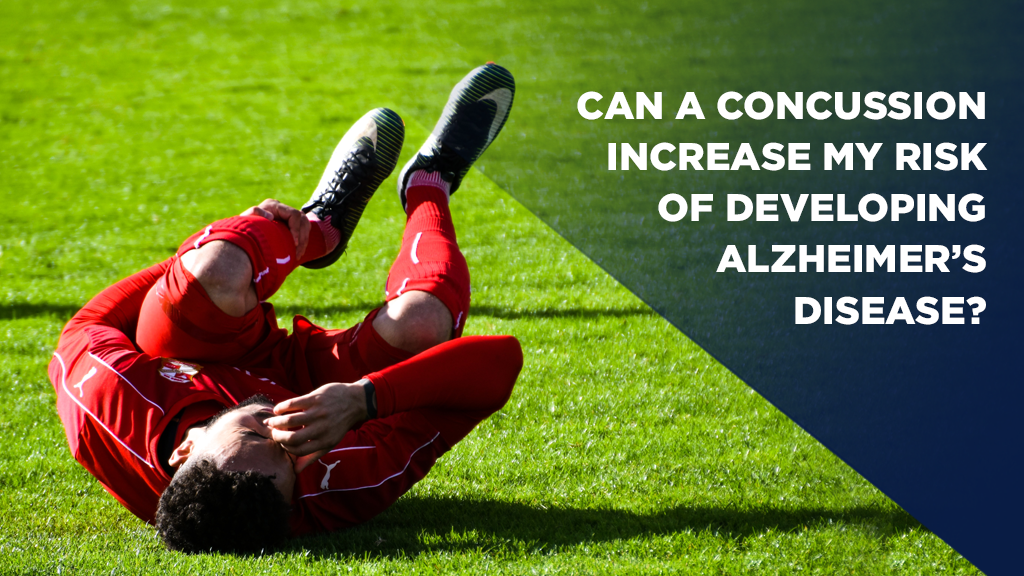Gardening therapy for dementia
For someone who loves gardening, there is nothing like the meticulous, careful work of planning, planting and caring for a garden. The creative and tactile experience of being near to nature is not only good for our well-being, but it may in fact help to relieve the symptoms associated with Alzheimer’s disease and other dementias. Living well includes many lifestyle factors, including diet, exercise, social contact and more. All of these can improve our cognitive health, no matter our age….
